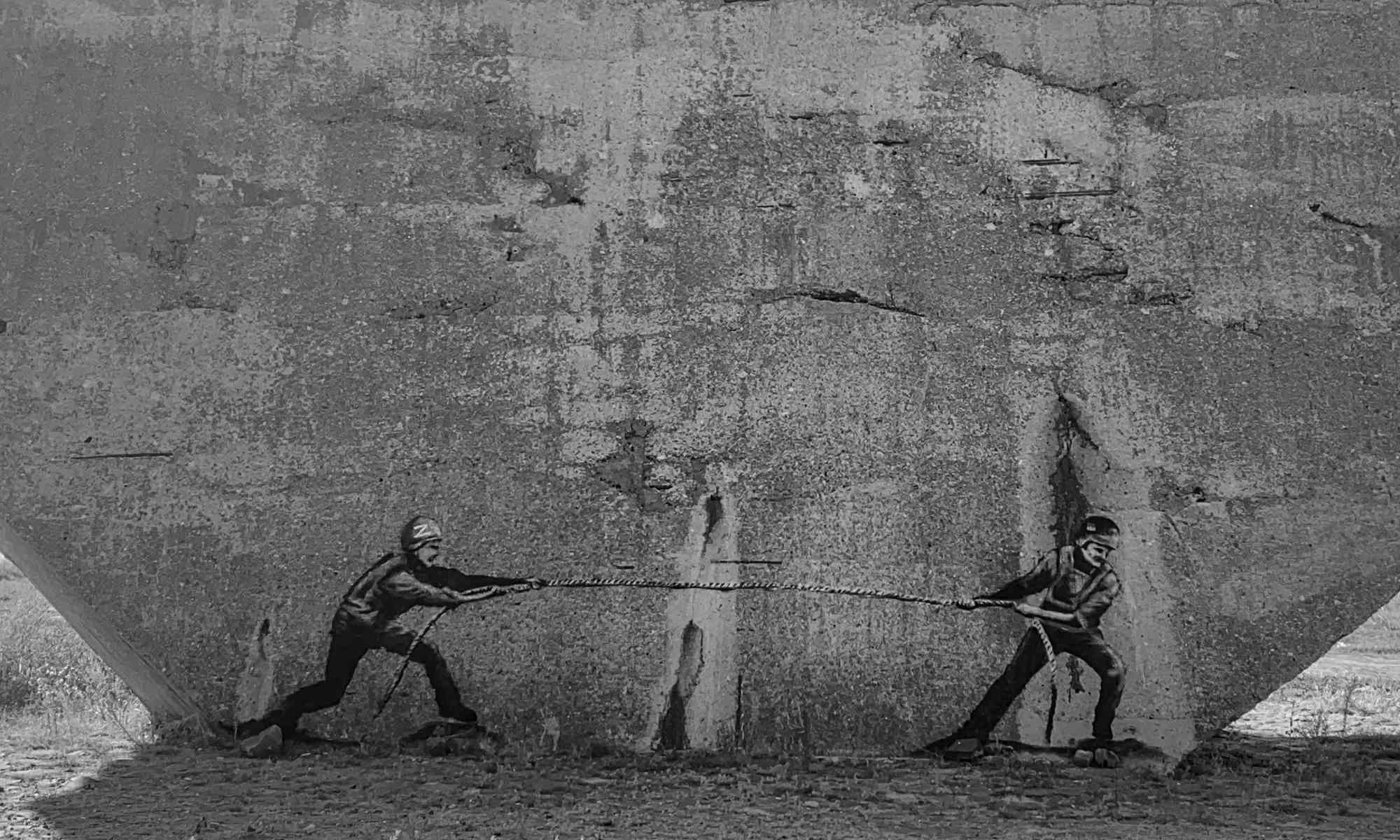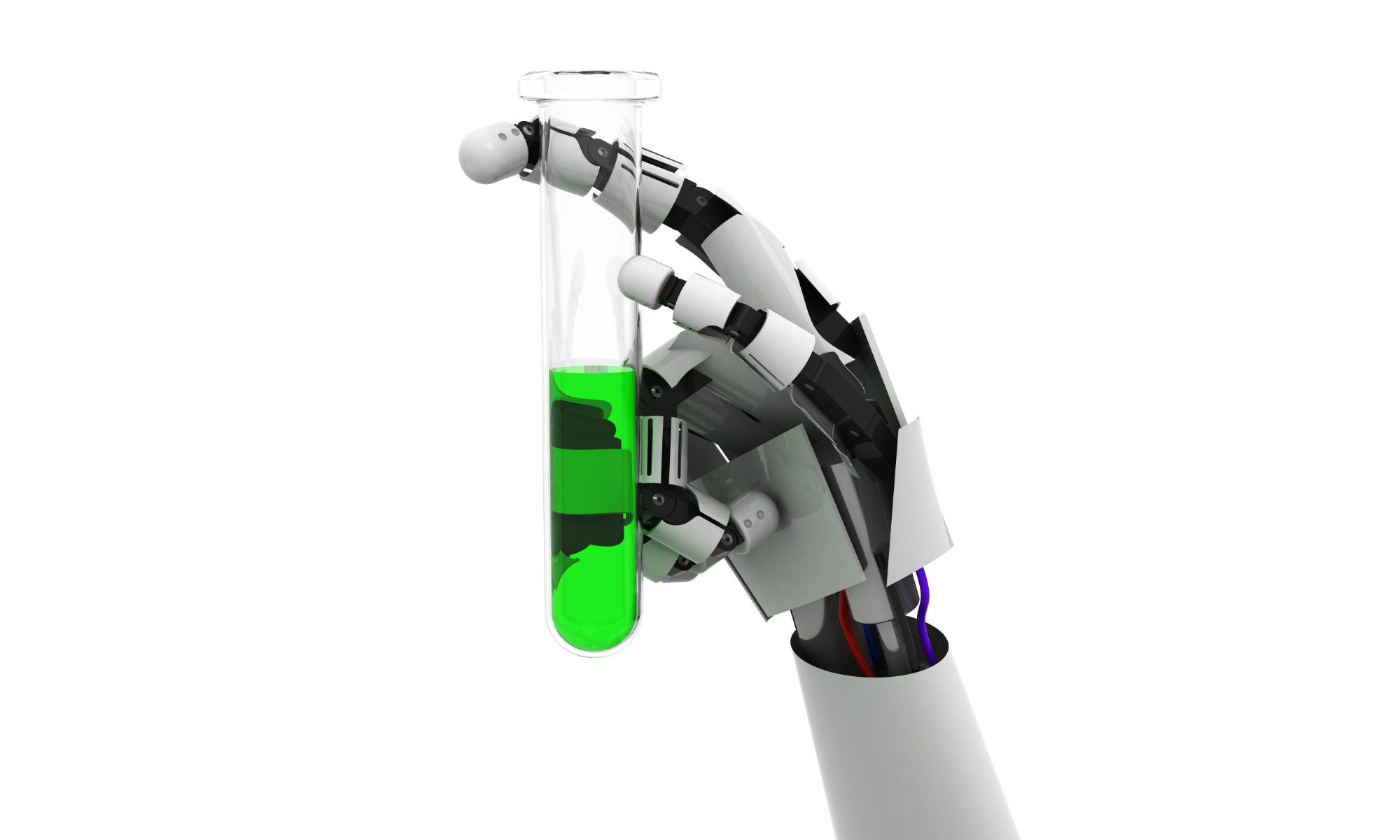Not everyone who votes at home can do so in complete privacy, warn James Johnson, political science professor at the University of Rochester, and Susan Orr, associate professor of political science at the College of Brockport, State University of New York.
In a guest essay for The Conversation that also appeared in Salon, the Chicago Tribune, and the Houston Chronicle, the husband-wife team write that while voting by mail this November would allow tens of millions of people to participate safely in the election despite the pandemic—it carries its own risk to the integrity of the voting.
While voting by mail is “widely available, popular, well-protected against fraud and doesn’t provide either political party with any special advantage,” it doesn’t address outside forces that may influence voters at the moment of decision making, say the coauthors of the forthcoming book Should Secret Voting Be Mandatory? (Polity, November 2020).
“The voter marks the ballot outside the supervision of election monitors—often at home,” Orr and Johnson write. “It’s possible to do so in secret. But secrecy is no longer guaranteed, and for some it may actually be impossible.”
Johnson’s current research runs the gamut from pragmatist political thought and democratic theory, to the philosophy of social science and cultural theories of politics. He is the coauthor of The Priority of Democracy: Political Consequences of Pragmatism (Princeton University Press, 2011). Orr’s primary research focuses on the politics of organized labor in the US.



